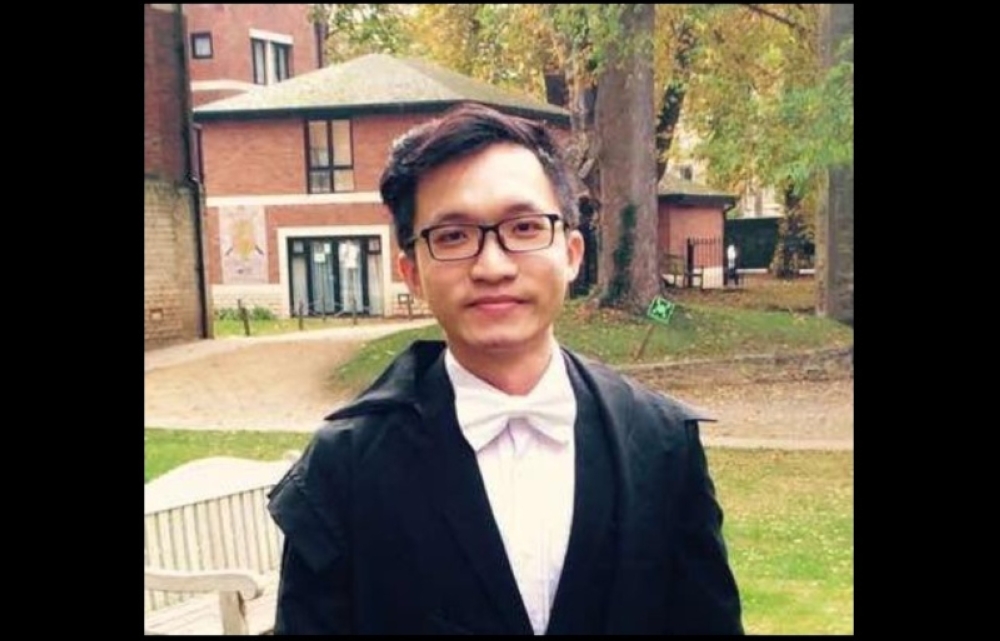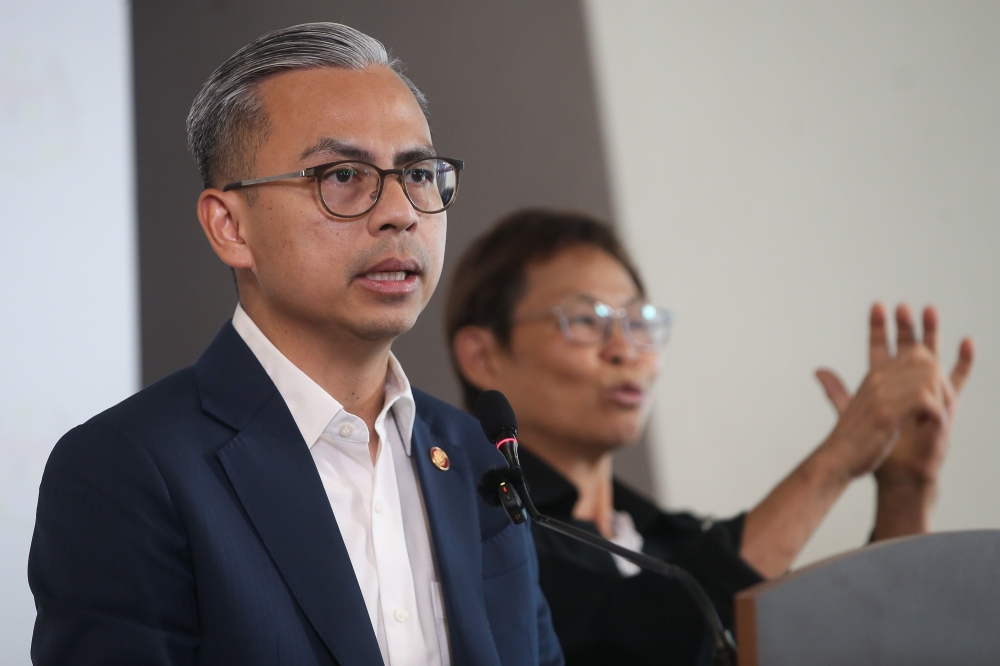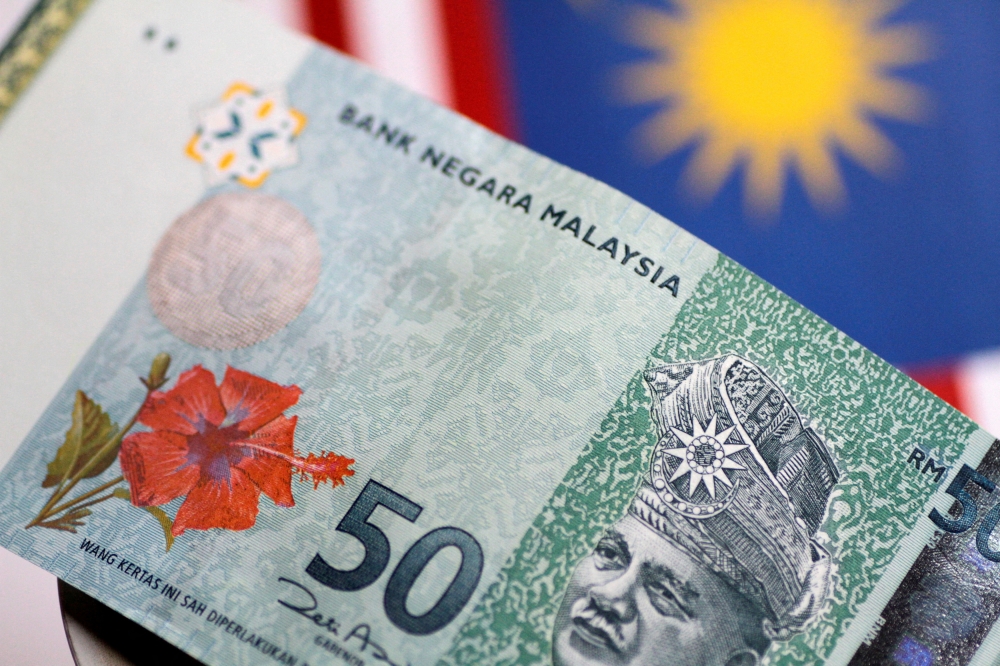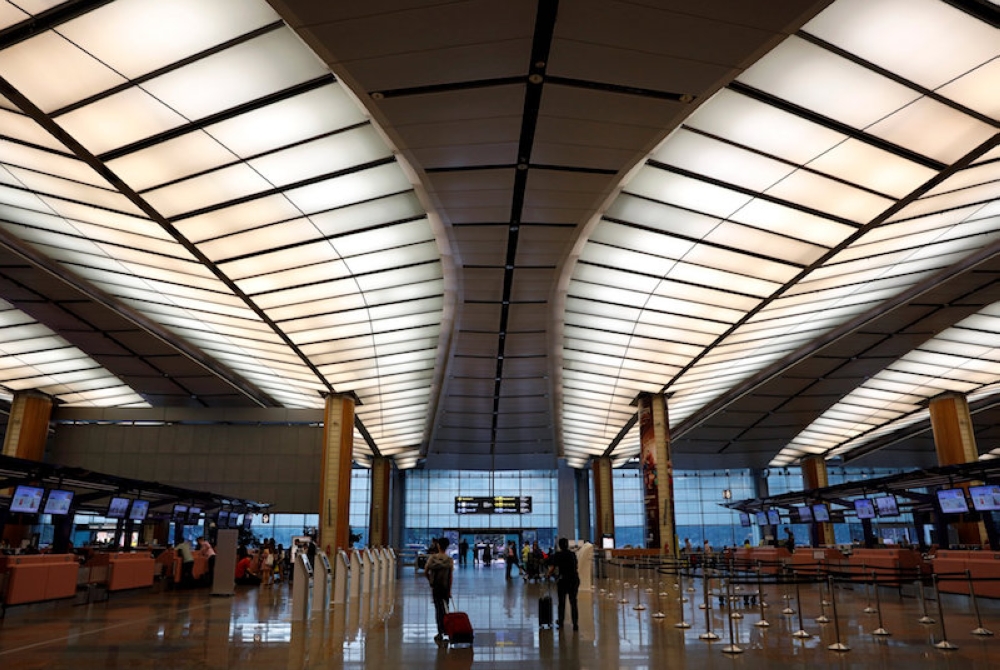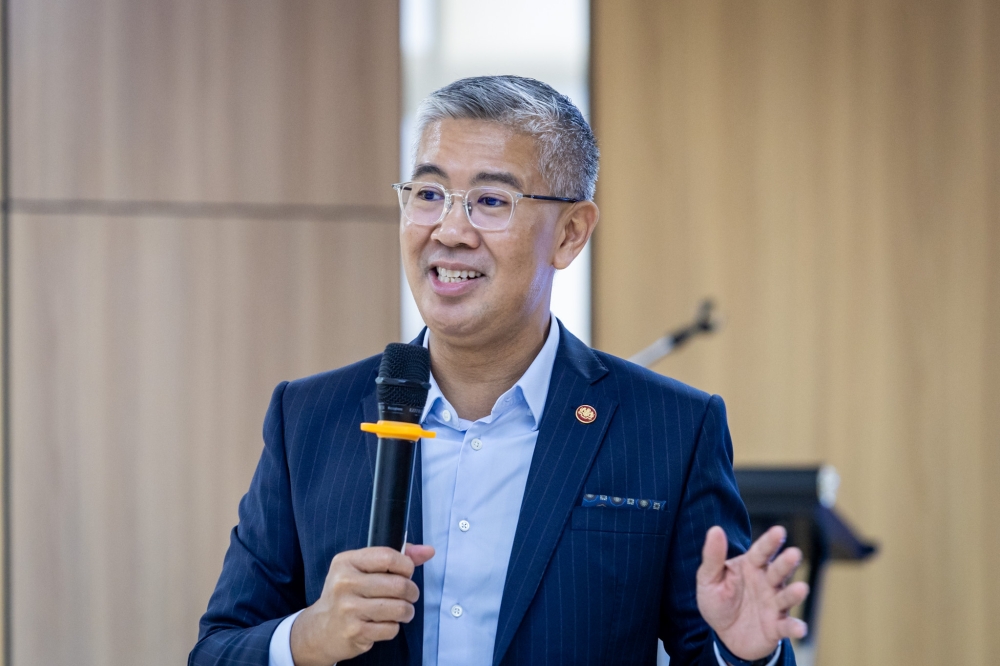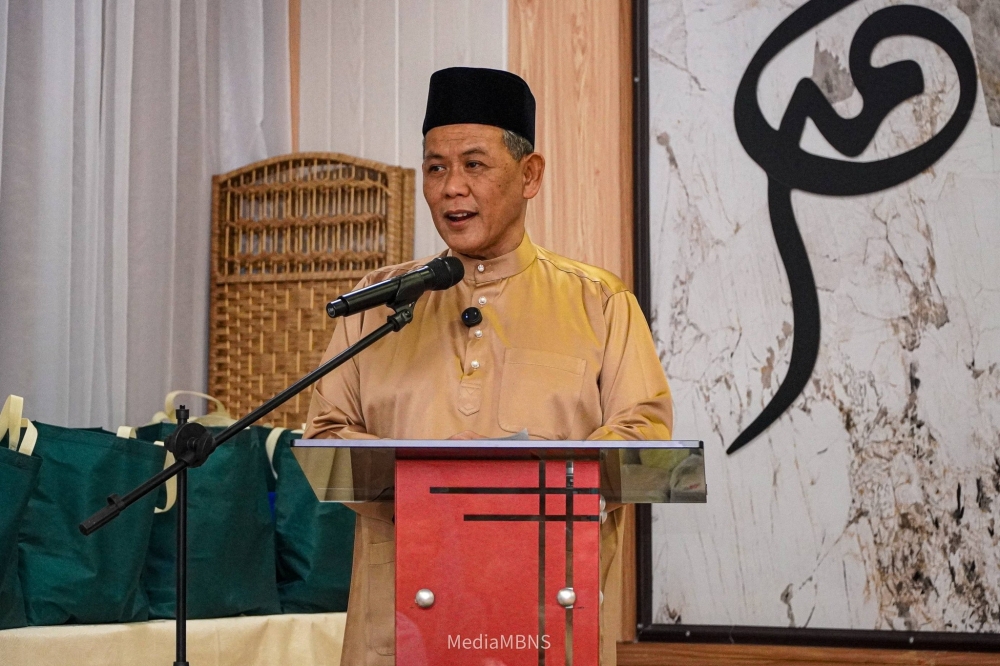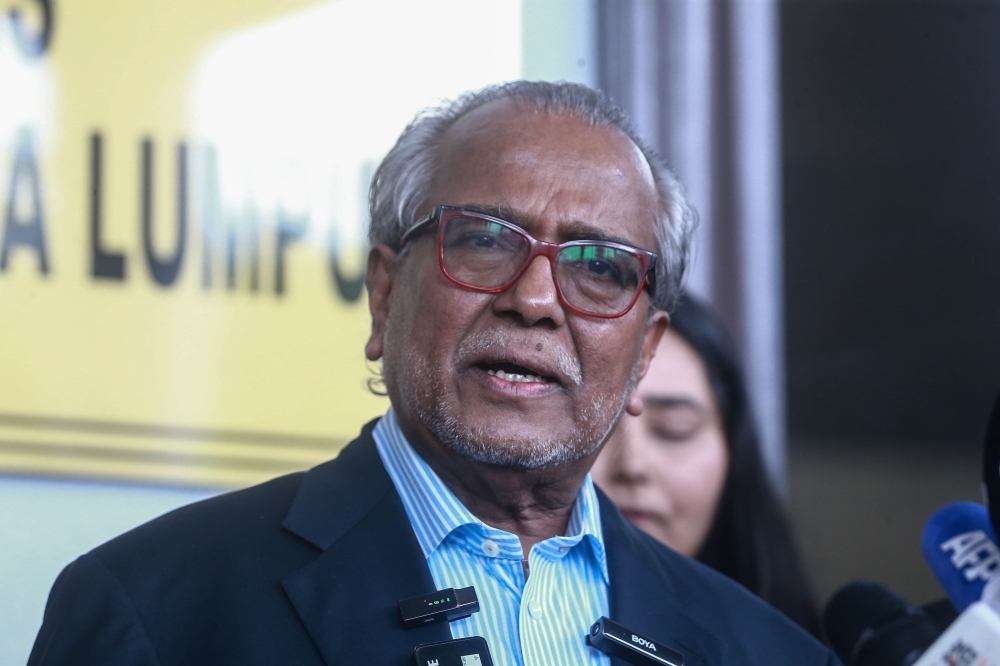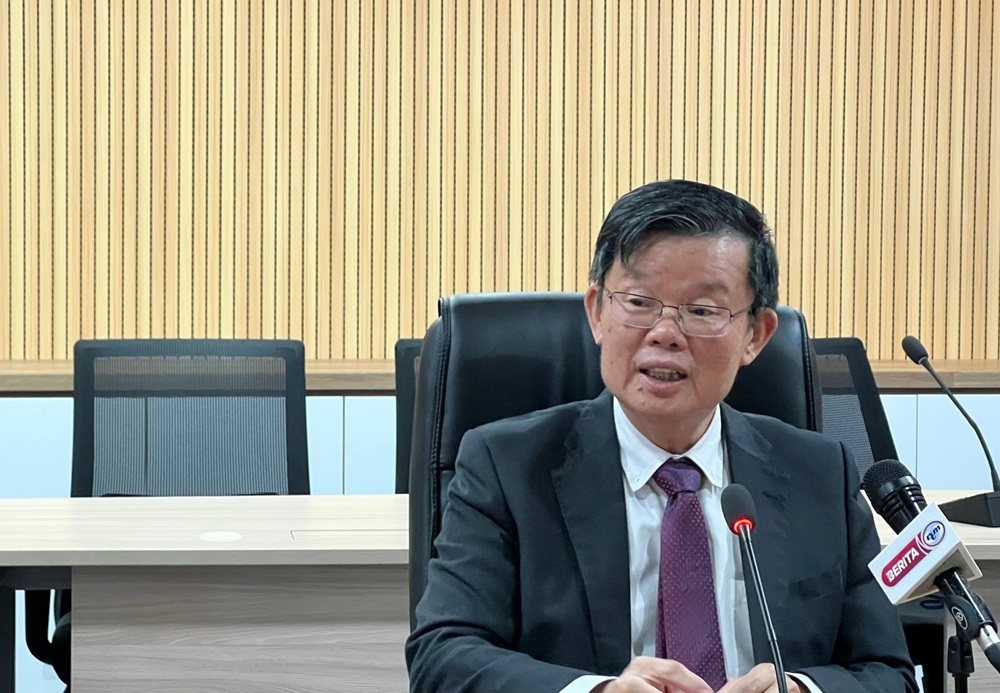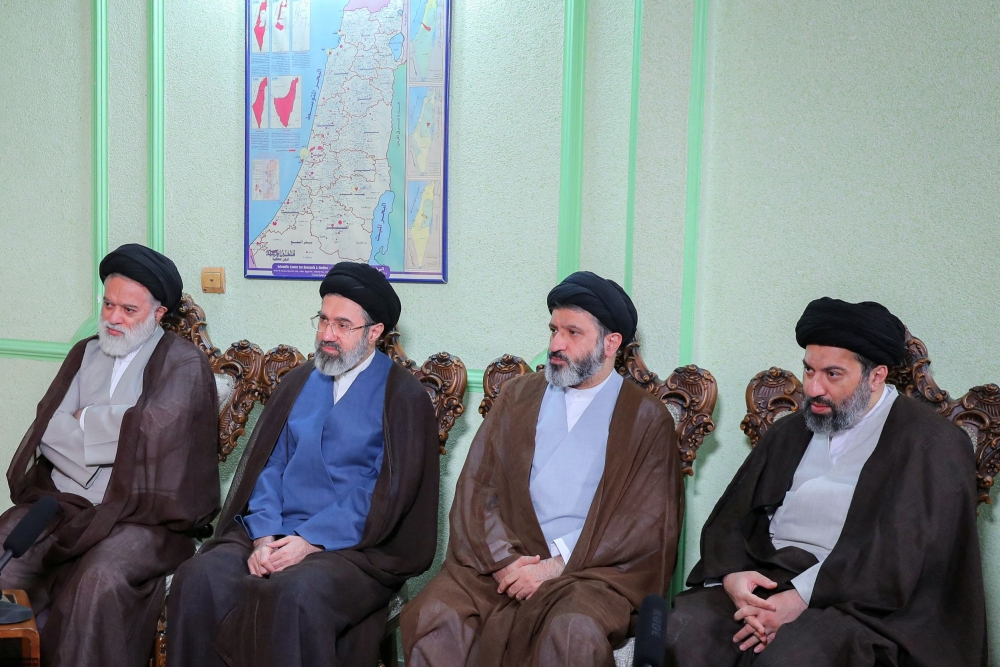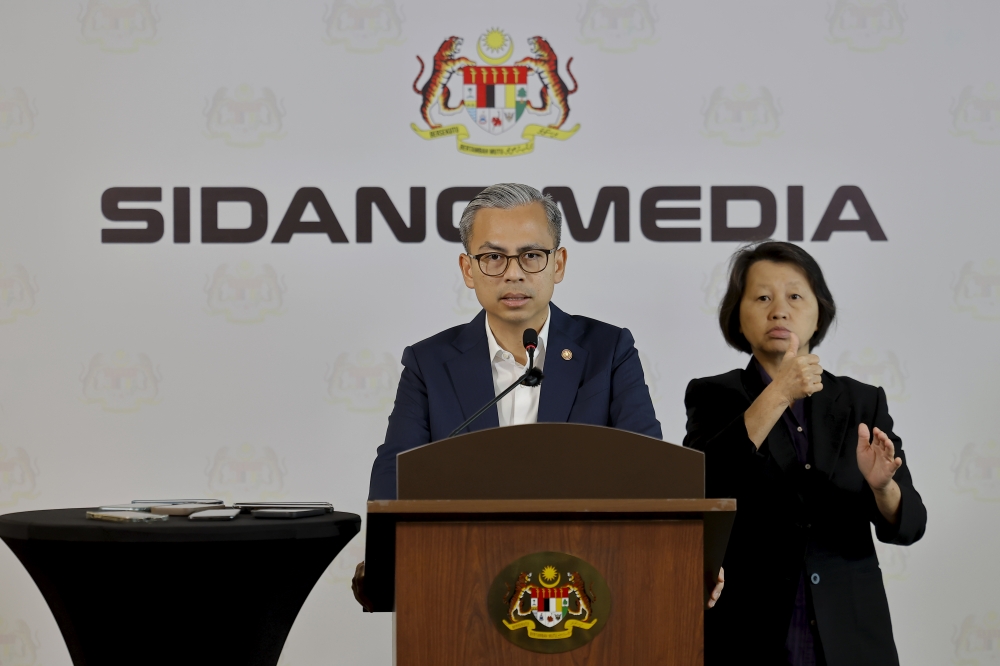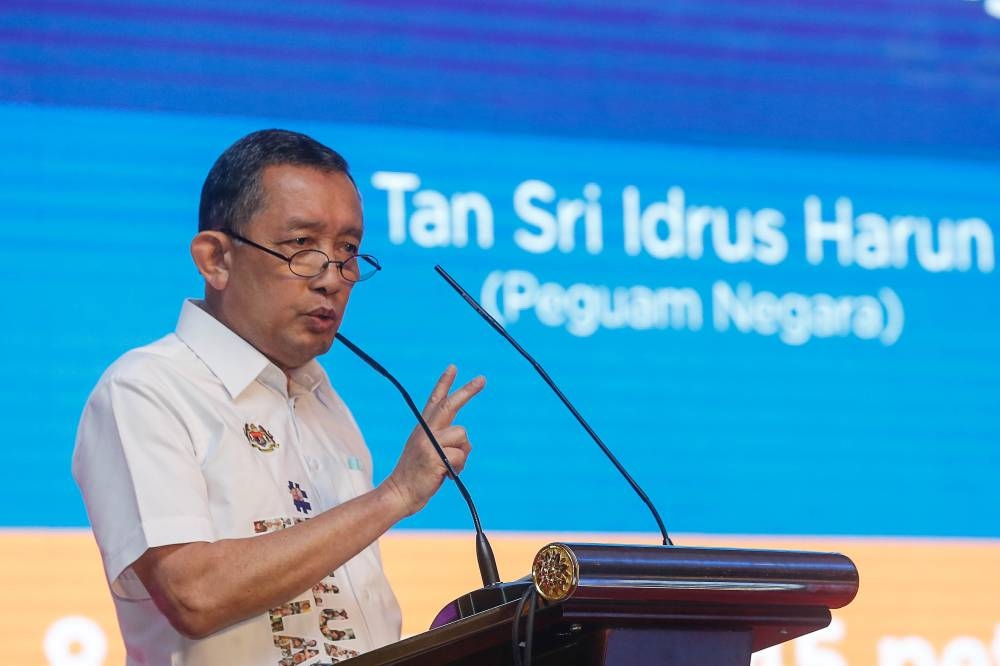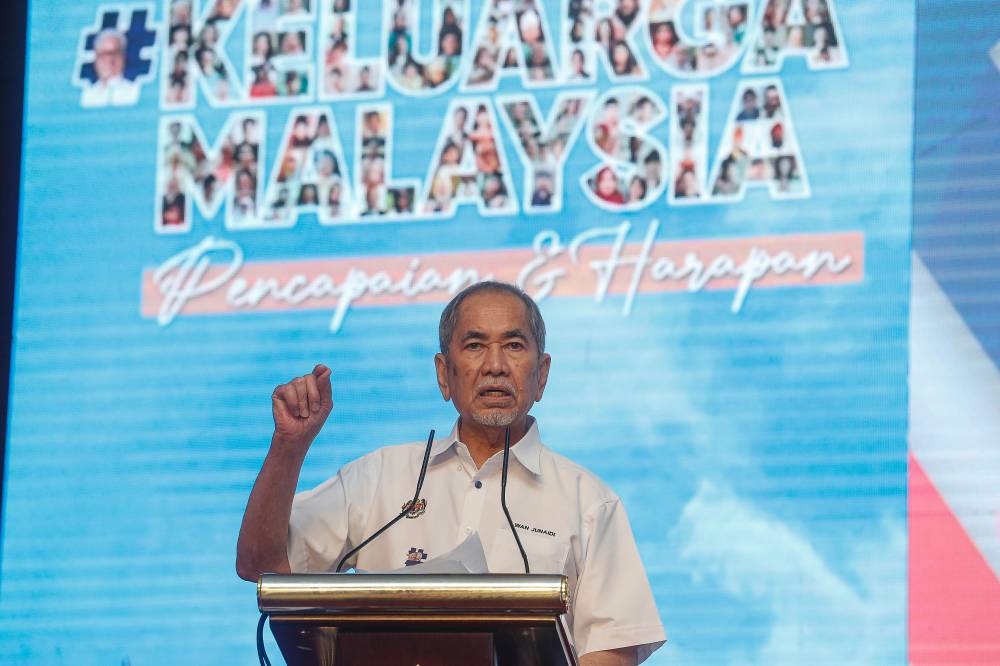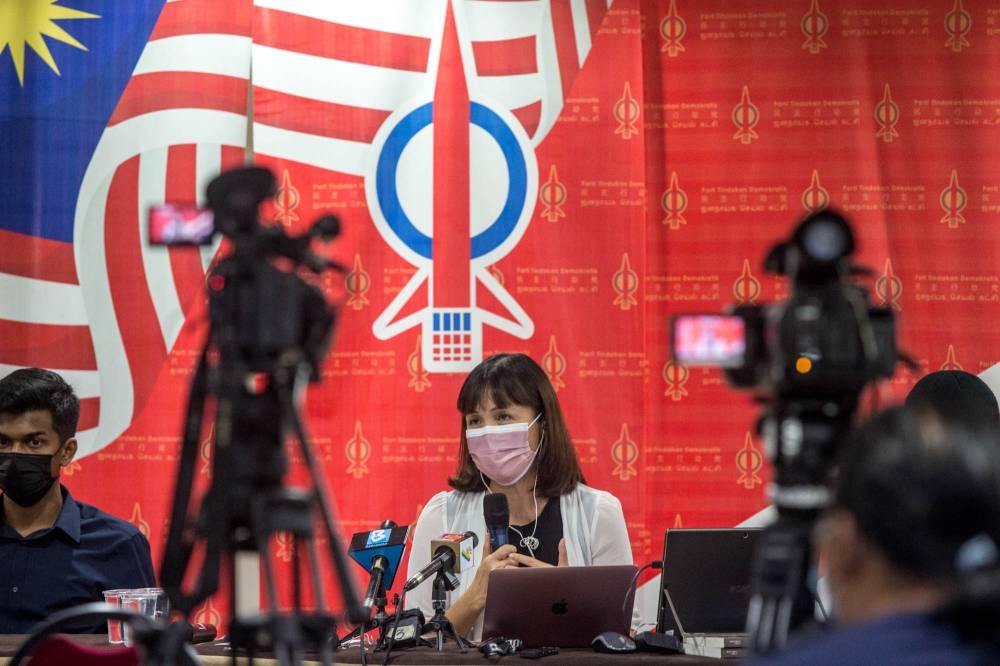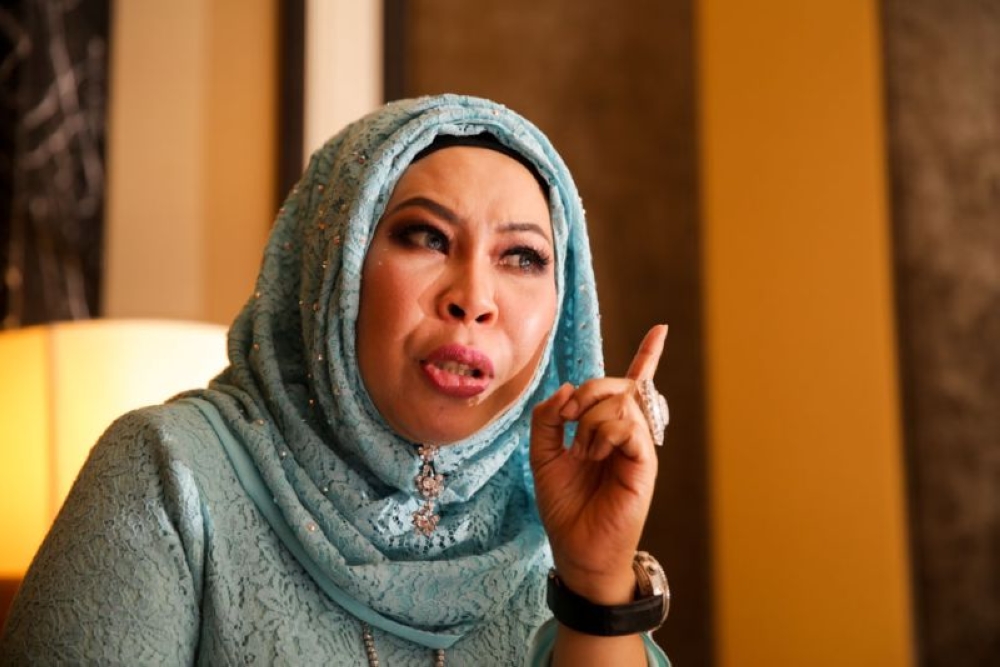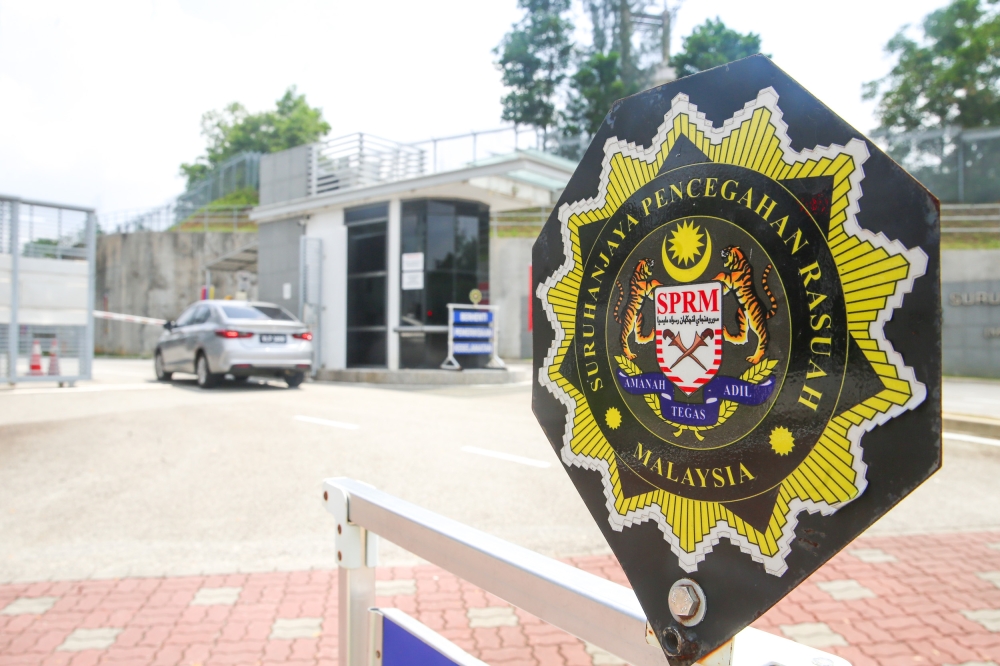AUGUST 24 — The date was July 31, 2001. The time: 12.35pm. The occasion: The second reading of the Constitution (Amendment) (No. 2) Bill 2001.
The Bill sought to amend, among others, Article 8 of the Federal Constitution by inserting the word “gender” into Clause (2).
On the amendment to Article 8(2), then Minister in the Prime Minister’s Department Dr Rais Yatim spoke in his usual eloquent self as follows:
“Tuan Yang di-Pertua, kedudukan kaum wanita di negara ini sudah lama setanding dengan kaum lelaki. Wanita di Malaysia ini telah memberikan sumbangan yang sangat besar dalam pembangunan negara dan masyarakat serta dalam pelbagai bidang lain.
“Kerajaan berpendapat sudah sampailah masanya kedudukan seimbang warganegara wanita dengan warganegara lelaki di negara ini dicerminkan dan dikukuhkan dengan meminda Fasal 2, Perkara 8 Perlembagaan Persekutuan untuk melarang diskriminasi atas alasan jantina.”
Twenty-one years ago, the government had showed its political will to amend Article 8(2) of the Federal Constitution to bar gender discrimination in any law.
Now, while we agree with current de facto Law Minister Datuk Seri Wan Junaidi Tuanku Jaafar that amendments to the nation’s citizenship laws require several processes, it does not mean that the processes will not be a smooth one.
We agree that Article 159(5) of the Federal Constitution states any amendment to the provisions of Part III on citizenship requires the consent of the Conference of Rulers. It is a safeguard which the framers of the Constitution saw fit to entrust it with this uniquely Malaysian institution.

Much has been written and said about the Conference of Rulers. The Rulers themselves, past and present, have spoken of their constitutional role. His Royal Highness Sultan Nazrin Shah would like to consider the Conference of Rulers as the fourth branch of the government after the executive, legislative and judiciary. In the words of His Royal Highness, it is “a forum for eliciting and making known the views of the Rulers, an instrument for them to exercise influence.”
In a paper by His Royal Highness at a Public Lecture organised by the Institute of Southeast Asian Studies in Singapore on July 24, 2004 the learned Ruler — then the Crown Prince of Perak — wrote: “[T]he people of Malaysia are Malays, Chinese, Indians, Eurasians, Ibans, Kadazans, and other tribal people including the aborigines. Malaysians in the main are Muslims, Buddhists, Hindus, and Christians. Fostering the allegiance of the people is a challenging task in the midst of all this plurality.
“Yet our inherent differences have been accommodated into a constitutional framework that not only recognises the traditional features of Malay society as the definitive culture but also reflects the social contract between our multi-ethnic communities.”
Inspired by Professor Harry Groves who observed that the monarchy provides a “visible symbol of unity in a remarkably diverse nation”, His Royal Highness wrote further:
“Far from remote, the Rulers are an integral part of public life, and a highly visible one at that, contributing often to the civil order. Malaysia’s monarchy can certainly play a proactive role in further forging a sense of ‘one community and one nation’ to which we aspire. It is a role the Rulers can more meaningfully play than anyone else given the special position they hold in society. Rulers have to be seen to be addressing the real needs of society to fulfil their responsibility to the rakyat.”
The Rulers, according to His Royal Highness, have accepted “a duty of care to promote the welfare and the well-being of the people.”
With such clarity of thoughts of a Ruler, and 21 years after the political will in 2001, all that is needed is the same political will to move for amendments to the Federal Constitution to confer citizenship on overseas-born children of Malaysian mothers.
Justice is said to be done by the judicial branch in the Federal Court’s decision upholding former prime minister Datuk Seri Najib Razak’s convictions and sentences on all seven counts of abuse of power and misappropriation of funds in the SRC International case.
Let justice now be done by the executive and legislature branches with the concurrence of the “fourth branch” of the government.
How fortuitous that it should be with the concurrence of the Rulers. That should be truly a whole of government, whole of society solution to doing justice to Malaysian mothers.
* This is the personal opinion of the writer or publication and does not necessarily represent the views of Malay Mail.

